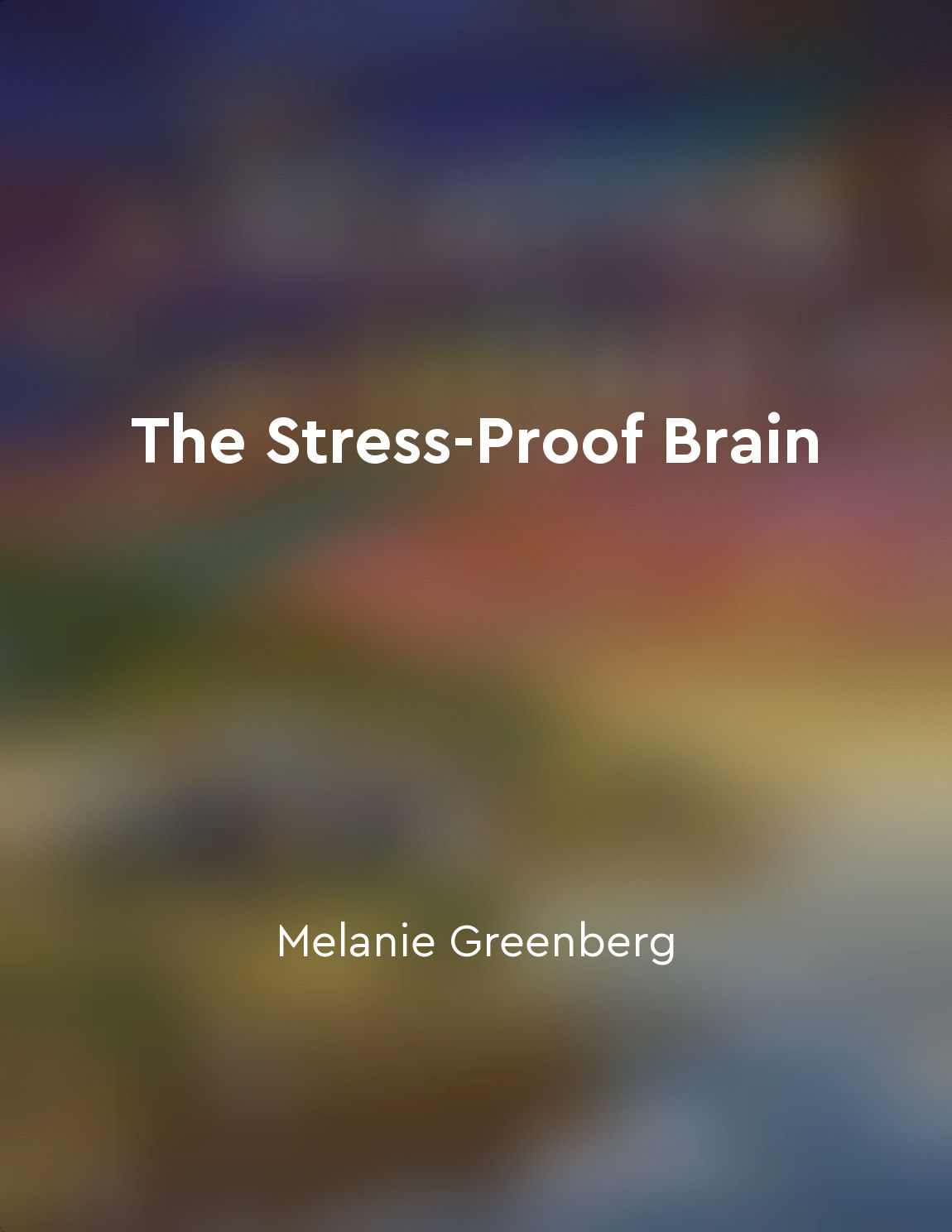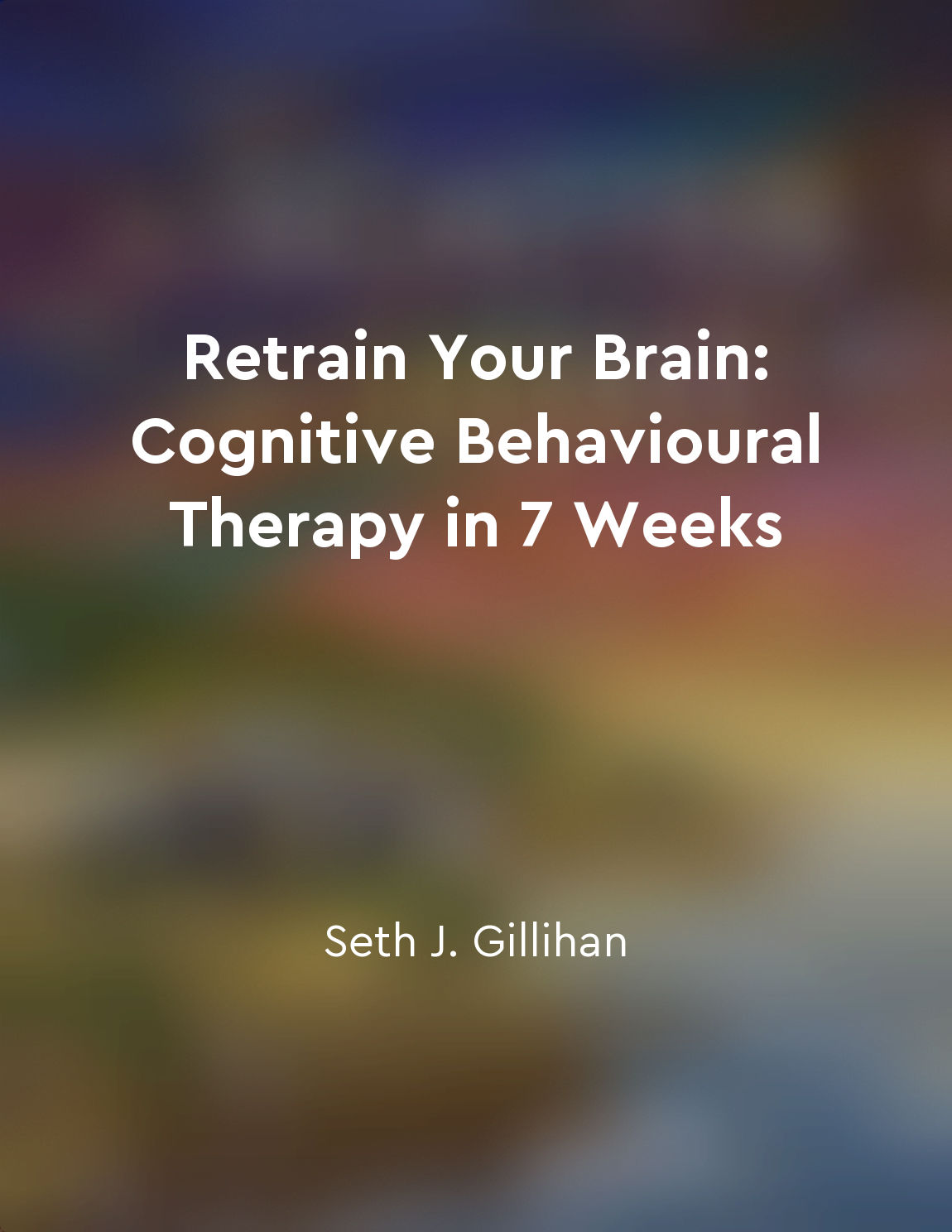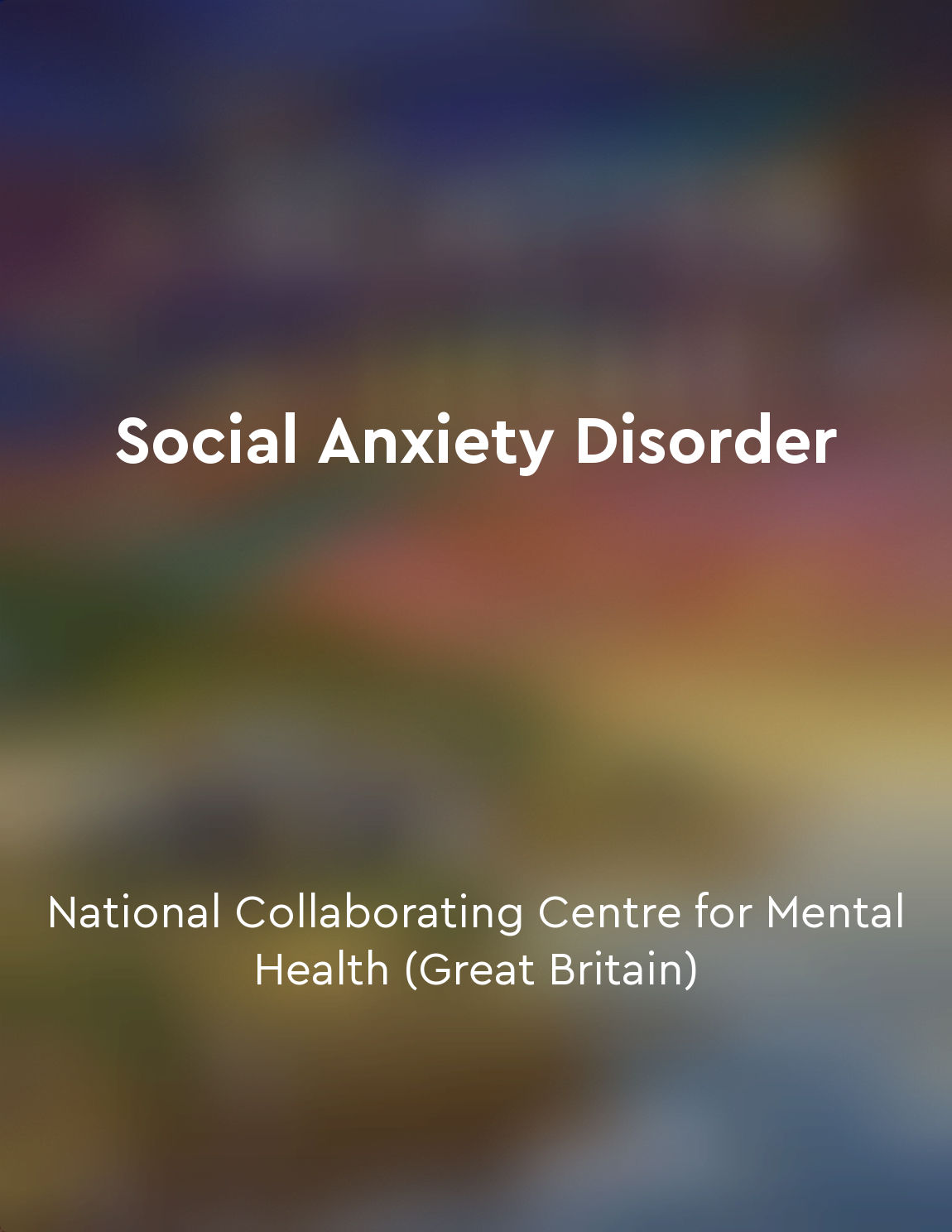Audio available in app
Identifying triggers and developing coping mechanisms can prevent anxiety attacks from "summary" of The Anxiety and Phobia Workbook by Edmund J. Bourne
One important key to preventing anxiety attacks is to identify the triggers that lead to them. By recognizing the situations, thoughts, and feelings that typically precede an attack, you can begin to take steps to avoid or minimize these triggers. Keeping a journal can be helpful in this process, as it allows you to track patterns and gain insight into what sets off your anxiety. Once you have identified your triggers, the next step is to develop coping mechanisms to deal with them. This may involve learning relaxation techniques, such as deep breathing or progressive muscle relaxation, to help calm yourself when you feel anxious. Cognitive-behavioral techniques, such as challenging negative thoughts or engaging in positive self-talk, can also be effective in managing anxiety. It's important to practice these coping strategies regularly, so that they become second nature to you. This way, when you are faced with a trigger, you will be better equipped to handle it in a healthy way. Building a toolbox of coping mechanisms that work for you is essential in preventing anxiety attacks from escalating. In some cases, seeking professional help may be necessary to develop effective coping mechanisms. A therapist or counselor can provide guidance and support as you work through your triggers and learn new ways of managing your anxiety. Don't be afraid to reach out for help if you feel overwhelmed or unable to cope on your own. By identifying triggers and developing coping mechanisms, you can take proactive steps to prevent anxiety attacks and regain control over your life. Remember that it is a process, and that progress may be slow at times. Be patient with yourself and trust that with time and effort, you can overcome your anxiety and live a more fulfilling life.Similar Posts

Deep breathing can calm the nervous system
When we feel stressed or anxious, our bodies enter a state of high alert. Our heart rate increases, our muscles tense up, and o...
Find strength in vulnerability and authenticity
When we embrace our vulnerability and authenticity, we tap into a wellspring of strength that can carry us through life's chall...
Gradual exposure helps individuals confront feared situations
Gradual exposure is a key component of cognitive therapy for anxiety disorders. This technique involves helping individuals con...
Practicing mindfulness can help increase selfawareness
Practicing mindfulness involves paying attention to the present moment without judgment. This process allows individuals to bec...
Cultivating selfcompassion is important in addressing anxiety
When we find ourselves caught in the grip of anxiety, it can be easy to fall into a pattern of self-criticism and judgment. We ...

Understand how thoughts shape feelings
Our thoughts play a crucial role in shaping our feelings. It may seem like our emotions arise out of nowhere, but in reality, t...

Cultivating a sense of purpose and meaning in life
Finding a sense of purpose and meaning in life is like searching for a needle in a haystack. It can be overwhelming and exhaust...
Focus on solutions rather than problems
When faced with challenges or obstacles, it is natural for our minds to dwell on the problems at hand. However, this mindset ca...

Early intervention is key in treating social anxiety disorder
Early intervention plays a crucial role in the effective treatment of social anxiety disorder. Identifying and addressing sympt...
Relaxation exercises can help reduce physical symptoms of anxiety
Relaxation exercises are a key component in managing anxiety because they can have a direct impact on reducing physical symptom...
